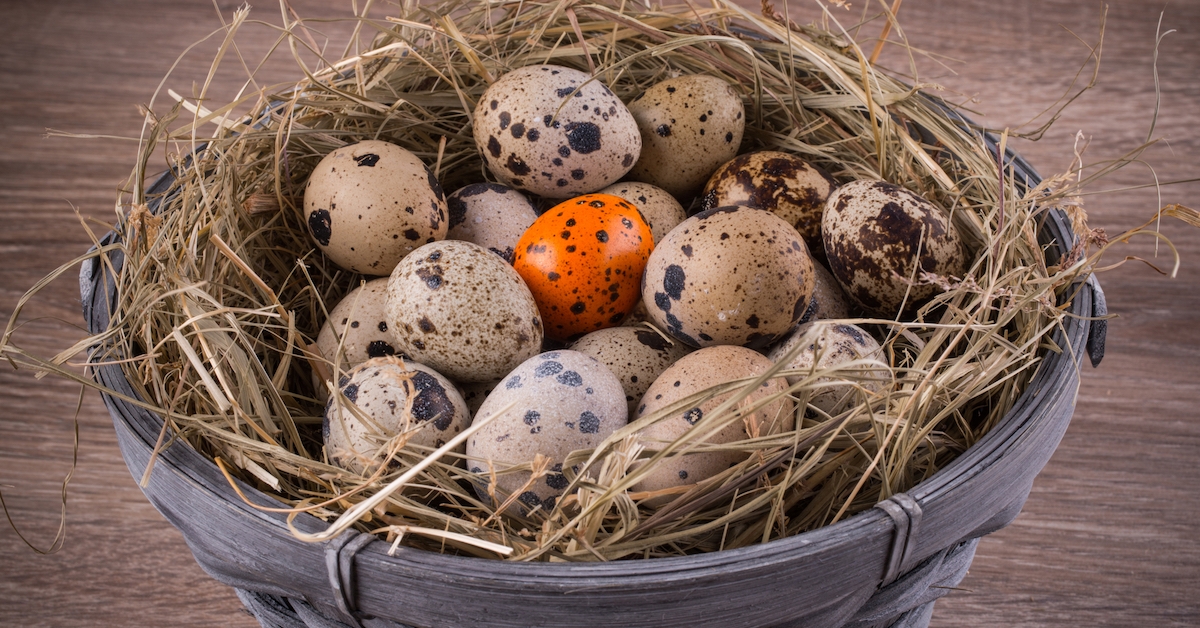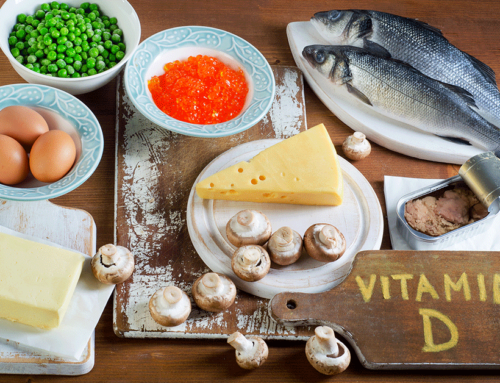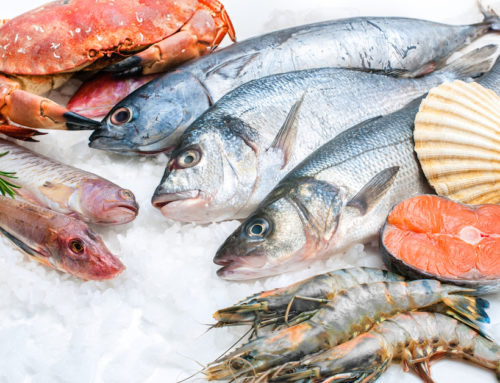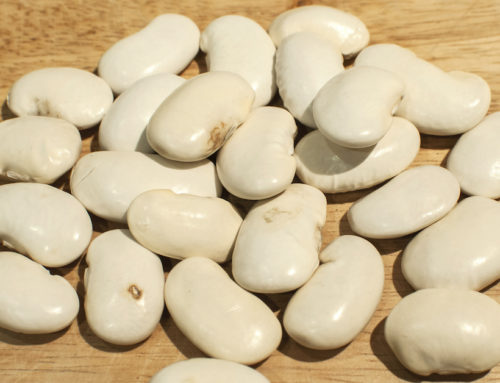Many nutrients play their part in lowering the risk of Alzheimer’s, but one in particular stands out in importance. Yet only one American adult out of every nine meets the recommended “Adequate Intake.”
Not only is this nutrient vital for sustaining good mental health, it’s also critical for brain development in the fetus and early life. It’s probably among the three or four most important nutrients you need for brain health.
This will give you an idea why. . .
In mouse experiments, a choline shortfall lasting only a few days during pregnancy caused the pups to be born with fewer neurons (in other words, smaller brains), and their memories were worse during their entire lifetime.
Taking this work further, an unusual new experiment demonstrates the power of supplementing choline for the benefit of future generations.
Modifies Gene Expression
For this groundbreaking study, neuroscientists from Arizona State University used mice specially bred to develop Alzheimer’s-like symptoms. The animals were split into two groups. One ate a normal diet, while the other was fed a high choline diet.
Compared to the former, the offspring of the high choline mice performed significantly better in water maze tests, demonstrating a better spatial memory. Spatial memory refers to the ability to know where you are, and to navigate from one point to another.
Even though this first generation of smarter mice was fed a normal diet after weaning, when they gave birth to the next generation, their babies likewise showed the same improvements in spatial memory.
The benefits of additional choline had been passed down the generations.
A Nation of Physical Degenerates in the Making?
This is such a fascinating result, I’m going to digress for a moment. Conventional doctors – those people who claim they’ve got a corner on “science” – will have a fit at the idea that an acquired trait can be inherited.
The genes are supposed to be unchangeable. If you eat an unhealthy diet, it may damage you, but you won’t pass it on to your offspring.
The recent science of epigenetics – the study of how environmental factors influence gene expression – has been blowing up this cherished belief for a while now. But you can be sure your doctor hasn’t gotten word.
Long before the word “epigenetics” was coined, Weston Price (1870-1948) conducted experiments in which animals fed a nutrient-poor diet (in other words, the kind of diet most humans eat these days) found that by the third generation – the grandchildren – the animals were so sickly and physically degenerate they were chronic invalids from the day they were born.
Of course, Price was denounced as a quack and continues to be. To real students of science – ahem, us – he’s a hero.
This recent experiment at Arizona State suggests he was right on target.
Choline Deficiency is a Disaster for Parents and Offspring Alike
In the ASU studies, the offspring reaped the benefits of the parents’ choline because this molecule beneficially modified the action of genes which the second generation inherited. This was confirmed by brain samples taken from the hippocampus, which plays a central role in learning and memory.
The genetic changes in the brain triggered by adding more of the nutrient to the diet had two principal effects.
Firstly, it reduced the activation of microglia. When these brain cells are over-stimulated they cause inflammation. This leads to the death of neurons.
Secondly, higher choline levels led to reduced levels of the powerful neurotoxin, homocysteine, which is known to double the risk of Alzheimer’s disease – and also figures in heart disease. Choline converts homocysteine into the essential amino acid, methionine.
The scientist who led the Arizona team, Dr. Ramon Velazquez, underlined the importance of their results: “No one has ever shown trans-generational benefits of choline supplementation. That’s what is novel about our work.
“…we show that even if you have the recommended amount, supplementing with more in a mouse model gives even greater benefit.”
Benefits Beyond Childbearing
Even if having children is not in your future, all men and women need adequate amounts of choline in their diet.
In addition to the brain benefits of choline already described, this nutrient helps form protective membranes around cells, assists in the manufacture of the important brain neurotransmitter acetylcholine, and is a source of methyl groups needed in many biochemical pathways.
A study carried out by researchers at Boston University School of Medicine included 1,391 cognitively healthy men and women with an average age of 61. They found those with a higher dietary choline intake performed better on verbal and visual memory tasks. The FDA will tell you that’s not enough “proof” for this particular benefit.
It’s enough for me.
A recent review covering the neuroprotective actions of dietary choline concluded that it may be “critical for normal cognitive function” in adults.
The authors concluded, “Taken together, the available evidence strongly supports the notion that adequate choline intake during pregnancy, and throughout life, is an important determinant of brain development, cognitive performance in the adult, and resistance to cognitive decline associated with aging and neurodegenerative disease.”
The richest dietary sources of choline are found in animal products such as eggs, beef, chicken, fish and milk. It’s also found in plants and grains but to a lesser degree. If you’re gravitating toward a vegetarian diet, or you’re already there, then you need to know that this will exacerbate choline deficiencies. You need to take a choline supplement.
This dire situation is summed up by the National Institutes of Health: “Even when choline intakes from both food and dietary supplements are combined, total choline intakes for most people are below recommended amounts.”
Get Choline
If ever there was a nutrient to take as a supplement, it has to be choline.
Full disclosure: I have a dog in this fight, because our sister company, Green Valley Natural Solutions, offers a choline supplement called Brain Vitality Plus. Their team of experts believes the form of choline in Brain Vitality Plus is the best for most people. But there are many, many other brands of choline available if you prefer.
In addition, everything I’ve told you about choline in this article should be seen as a preliminary finding of choline’s benefits – not final proof. The findings in these studies are indicative of what choline can do but they aren’t the final word. Certainly, animal studies would have to be confirmed by human studies, and that has not been done.
For these reasons, Green Valley makes no claims that choline can prevent or treat any disease. The company would have to spend $400 million to prove such a claim, and, as you probably know, no one on earth is prepared to do that for a nutrient you can get in eggs or a slice of steak.







